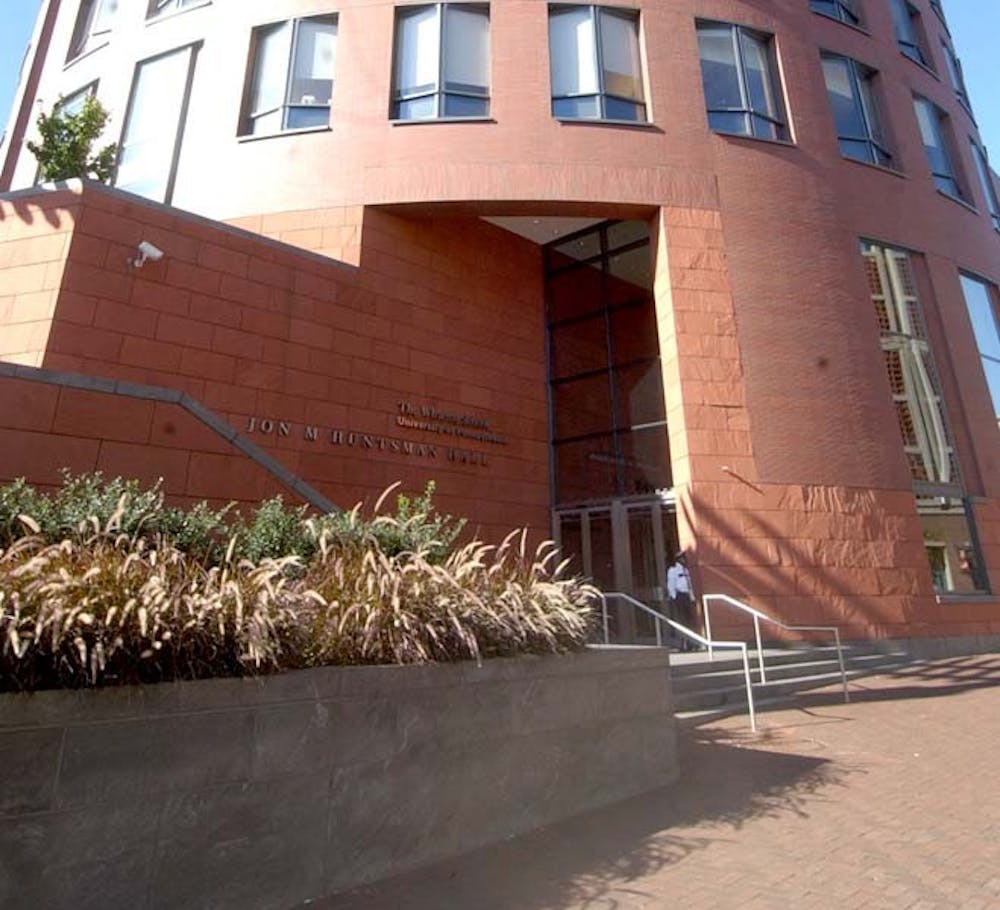Though Director of MBA admissions Ankur Kumar’s leave has caused much controversy, some do not see it as a problem.
According to Karl Ulrich, Wharton vice dean of innovation, Kumar’s decision to resign does not indicate a dramatic shift in the Wharton brand.
“Of course staff like Ankur will not spend decades in one position,” Ulrich said in an email. “Personally, I would much rather have a few years of contribution from excellent people like Ankur, than 20 years of service from a less capable person.”
Kumar was the fourth MBA admissions director in the past decade.
Related: Wharton’s director of MBA admissions resigns
Ulrich also added that Kumar’s few years at the post have changed the school for the better, such as increasing representation of minority groups like women and changing the interview process to select applicants more well-suited for the school.
Jeremy Shinewald, founder and president of mbaMission, an MBA admissions consulting firm, feels that the number of applicants may decrease this application season due to Kumar’s departure. However, he is confident that the change will be very superficial and very short-lived.
“The instability at Wharton might temporarily alert applicants to the myth that Wharton is on the decline,” Shinewald said. “I don’t think that is true — but some may read meaning into the change in leadership as false proof that Wharton is declining.”
Related: Wharton wrongly represented, says former MBA director
Dan Bauer, CEO and founder of the MBA Exchange, another MBA admissions consulting firm, believes that Kumar’s departure will not have a significant effect.
“In terms of the applicant community, these individuals look at a business school as it relates to their own background and plans today — that’s far and away the key selection factor, rather than changes in the admissions staff,” said Bauer.
However, others are saying that Wharton no longer holds the top spot of the top tier business schools, a point brought up by a Wall Street Journal article in late September.
“For a long time, the MBA [degree] from Wharton was a standout. Wharton separated itself out,” Shinewald said. But over the years, other programs, such as the University of Chicago Booth School of Business and Columbia Business School, have caught up in terms of perceived status.
“Wharton’s competition has improved and other schools that 10 years ago might not have been spoken of in the same breath are now considered to be near equals,” Shinewald added.
Related: Wharton disputes claims that it ‘lost its luster’
Bauer, however, notes that the hype and excitement surrounding Wharton recently is mainly coming from non-applicants.
“Sensitivity to this change is much higher among alumni and current students because they’re looking at the long-term value of the Wharton brand,” Bauer said. “Any time there’s change, it can raise concerns or questions about what this says about the investment they’ve made” in the Wharton brand.
A critique posed in the WSJ article was that Wharton has lost applicants in the past four years because it is not focusing as much as Harvard or Stanford universities on educating their students in non-traditional finance fields.
“It’s like turning around a supertanker,” said Bauer. “It takes years to transition the image of a school and to broaden it. I think Wharton is doing it, and doing it well … but it takes time to change perceptions.”
As Bauer helps applicants find MBA programs right for them, he sometimes has to explain to them that Wharton isn’t just about finance.
In the future, Bauer is confident that the Wharton brand will continue to have weight.
“We’ve actually expanded our team here — we currently have a former associate director of admissions from Wharton, as well as nine Wharton grads on our consulting team,” he said. “That’s a reflection of current and anticipated demand for Wharton … We’ve invested in Wharton’s future, and I believe it’s a good future.”
“Personally I don’t think we can worry about every errant headline,” Ulrich said. “Rather, we should focus on delivering an amazing educational experience for our students, while communicating to the world the reality of what we actually do at Wharton.”
Staff writer Brenda Wang contributed reporting.



